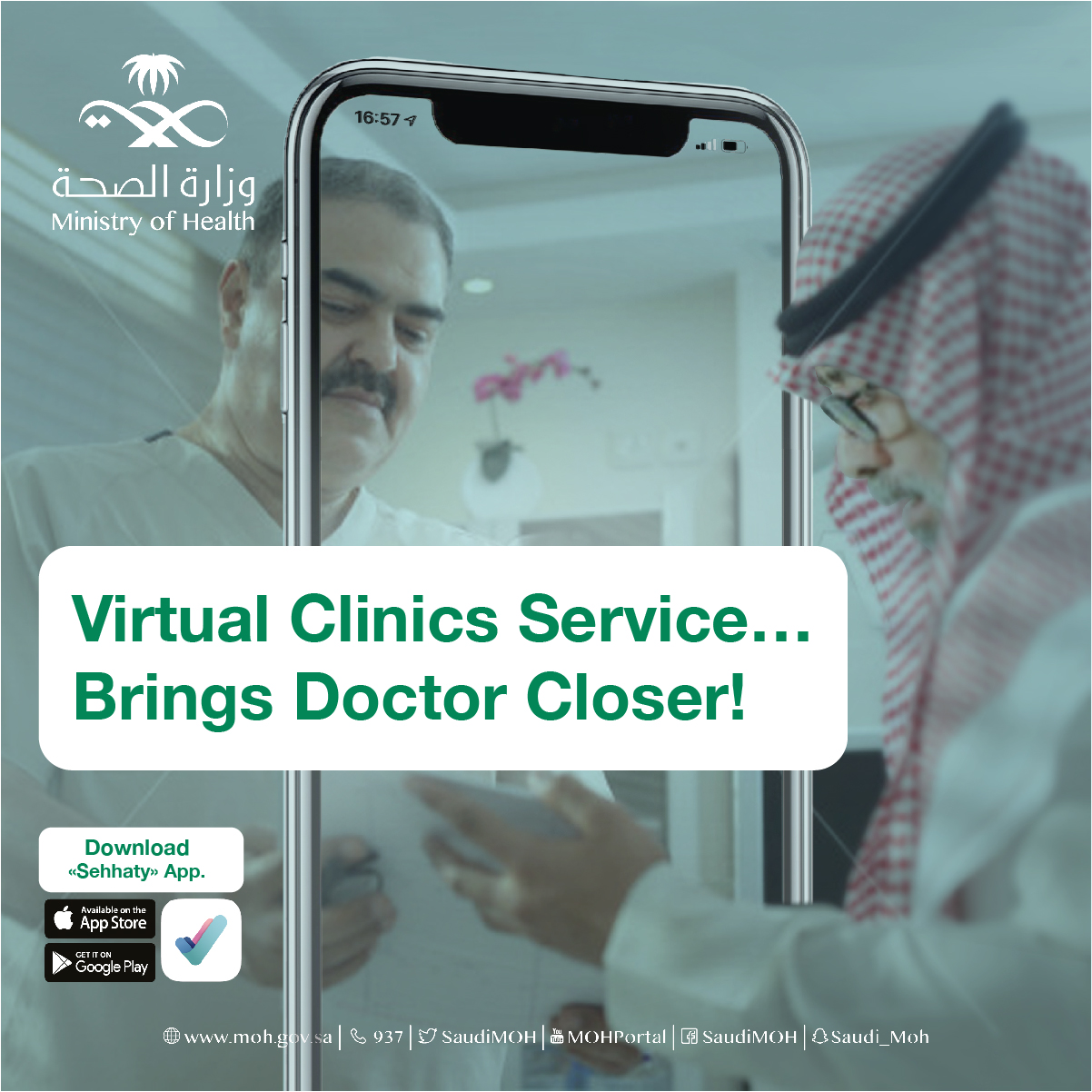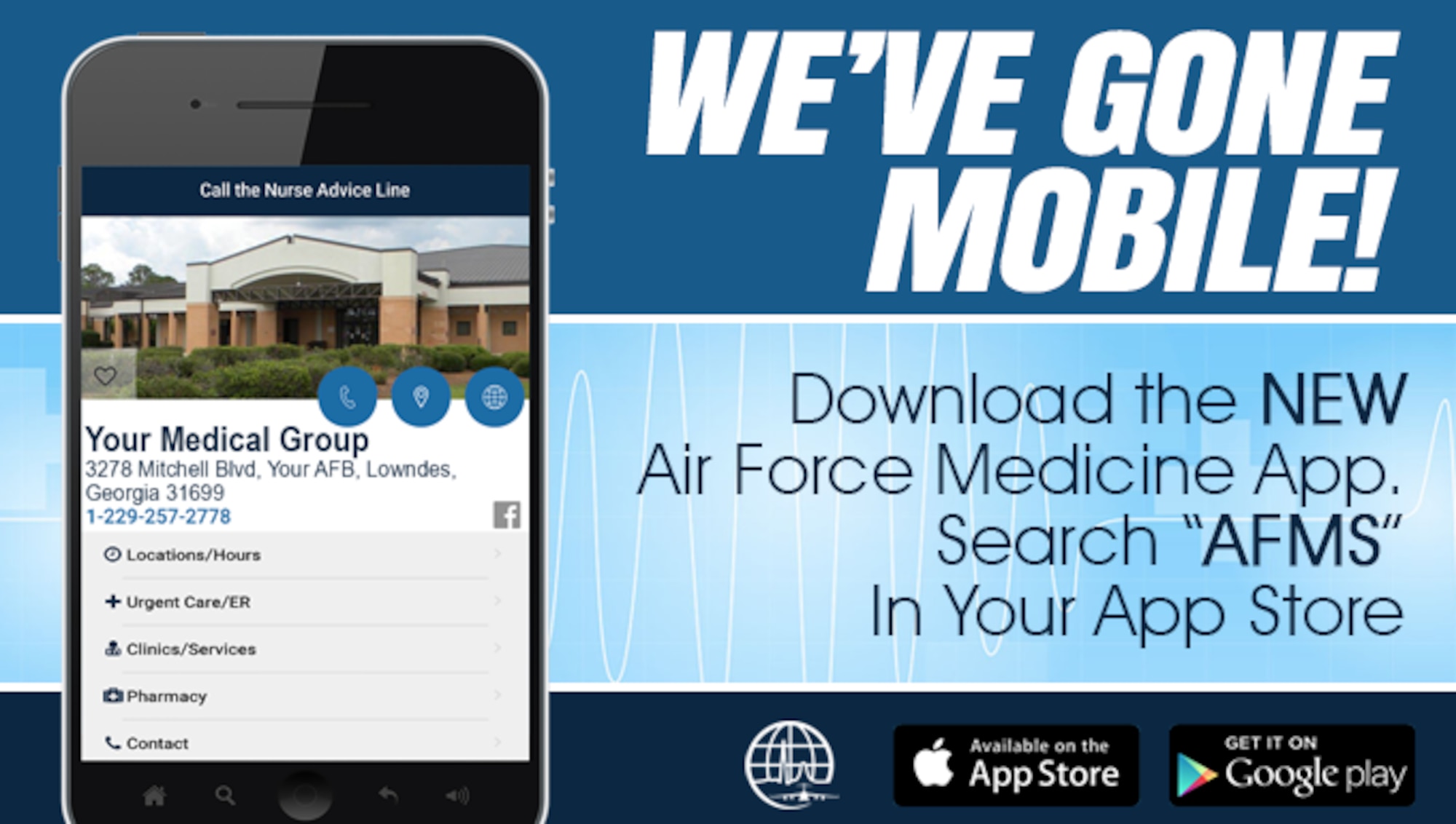Simplify Operations: Why Your Clinic Needs a Mobile App for Clinics Now
Simplify Operations: Why Your Clinic Needs a Mobile App for Clinics Now
Blog Article
The Future of Healthcare: Why Clinics Required a Mobile App Today
As the health care landscape continues to advance, clinics encounter placing stress to adjust to client assumptions for higher ease and availability. The combination of mobile applications can work as an important strategy for improving client involvement and improving operations. By leveraging innovation to boost communication and offer crucial services, centers not just resolve existing demands but likewise place themselves for future success. Nonetheless, the implications of this shift extend beyond simple functional performance; they can redefine patient relationships and care shipment in profound methods. What might this change appear like for both centers and clients?
Transforming Person Assumptions
As the landscape of healthcare advances, client assumptions are going through a substantial improvement. Today's patients are progressively looking for benefit, access, and personalized treatment.
Furthermore, individuals are coming to be more notified and encouraged, often researching therapies and problems online prior to assessments. This increased recognition is paired with a need for transparency in healthcare processes, including expense quotes and therapy alternatives. Because of this, service providers are obliged to adapt by embracing electronic devices that boost the person experience.
The assumption for timely and efficient communication has never been higher, with lots of individuals considering responsiveness a crucial part of quality care. mobile app for clinics. In this evolving landscape, healthcare organizations have to identify these transforming expectations and utilize mobile applications to foster a more patient-centric strategy, guaranteeing that they not only satisfy however surpass the criteria established by today's enlightened consumers
Enhancing Person Involvement

Mobile applications assist in interaction between patients and health care providers, allowing real-time consultation organizing, reminders for medicine adherence, and direct messaging functions. These capabilities not only enhance benefit yet additionally build a sense of accountability among individuals. Mobile apps can provide academic material tailored to individual requirements, helping patients better understand their problems and therapy alternatives.
The assimilation of gamification aspects within healthcare applications can also encourage clients to involve in healthy and balanced behaviors, enhancing positive way of living changes. Inevitably, improving person interaction through mobile applications leads to enhanced health results, better individual satisfaction, and a much more collaborative health care experience.
Streamlining Center Procedures
Improving facility operations is necessary for enhancing process performance and optimizing individual treatment. The implementation of mobile applications can dramatically reduce management worries, allowing health care companies to concentrate more on client communications. By automating consultation scheduling, client check-ins, and invoicing procedures, clinics can reduce wait times and enhance total functional performance.
Mobile apps also assist in real-time accessibility to individual records, allowing medical care specialists to make informed decisions quickly. This immediacy not only improves the quality of care but likewise minimizes the probability of errors related to misplaced or outdated details. Leveraging mobile technology supports a more organized strategy to taking care of patient follow-ups and treatment plans, ensuring that no critical actions are forgotten.
This enables for prompt replenishment and assists stay clear of disruptions in person care due to equip shortages. By incorporating these functionalities right into their day-to-day operations, facilities can create a much more cohesive and effective atmosphere, inevitably leading to enhanced person outcomes and fulfillment.
Improving Interaction Channels
Efficient interaction is frequently mentioned as a foundation of high quality medical care delivery. In today's hectic clinical atmosphere, mobile applications find here can substantially enhance communication channels between facilities, patients, and health care carriers. By incorporating mobile applications into their operations, facilities can help with real-time interactions, making sure that people obtain prompt information regarding their visits, examination outcomes, and therapy strategies.
Mobile applications additionally empower patients to communicate directly with their health care teams with safe messaging attributes. This straight line of interaction cultivates a feeling of involvement and permits for prompt clarification of concerns, which can lead to better adherence to treatment protocols. Furthermore, push notifications can remind people of upcoming appointments or drug timetables, lowering no-show prices and boosting general health and wellness results.

Staying Affordable in Medical Care
In a rapidly progressing medical care landscape, organizations need to focus on development and versatility to keep a competitive edge. The combination of mobile applications into healthcare services is no more optional; it is anonymous essential for centers intending to boost patient interaction, enhance procedures, and improve total solution shipment.
As patients significantly rely upon digital systems for wellness administration, clinics that fail to embrace mobile innovation threat falling back. A properly designed mobile application can offer features such as visit scheduling, telemedicine examinations, and accessibility to clinical records, supplying individuals with ease and cultivating commitment.

Rivals are likewise investing in mobile options, so staying in advance requires continual improvement and staying educated about technical developments. Facilities should not just execute mobile applications yet also participate in regular updates and refinements. Inevitably, the successful assimilation of mobile technology will certainly distinguish forward-thinking health care companies and set the criteria for patient-centric treatment in a digital world.
Verdict
In conclusion, the combination of mobile applications in facilities is crucial to address the progressing landscape of person expectations. By improving individual engagement, streamlining operations, and improving communication networks, facilities can significantly increase health and wellness end results. Additionally, the adoption this page of mobile innovation settings facilities to continue to be competitive in an increasingly digital health care atmosphere. Inevitably, the strategic implementation of mobile apps represents an important action towards supplying accessible and personalized healthcare, thus fulfilling the needs of today's equipped clients.
Eventually, improving client interaction through mobile applications leads to boosted health and wellness end results, higher individual satisfaction, and an extra joint healthcare experience.Mobile apps also promote real-time access to individual documents, making it possible for healthcare experts to make educated choices promptly. In today's busy medical setting, mobile applications can substantially enhance interaction channels in between clinics, people, and health care service providers.Mobile applications likewise encourage clients to connect directly with their medical care teams with secure messaging functions. Ultimately, the calculated implementation of mobile apps stands for an essential action toward providing tailored and available health care, thereby satisfying the requirements of today's encouraged clients.
Report this page